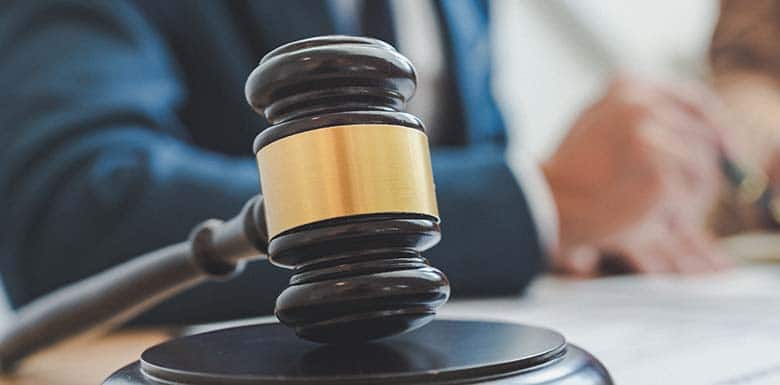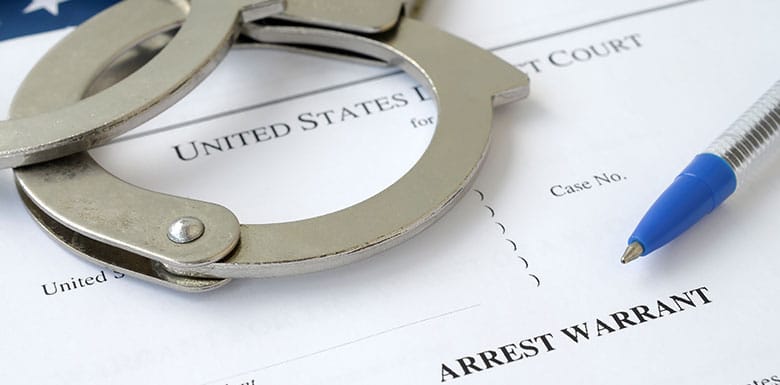How Your Smart Device Could Help Your Criminal Case
It turns out that smart devices have more of a purpose than simply turning up the heat in your home. These interconnected devices house a treasure trove of information and data that could either be used to seal your fate in a criminal case or prove your innocence.
While Alexa can’t take the stand and testify against you, investigators have begun to use the data on smart devices in criminal proceedings. Likewise, criminal defense attorneys can either use this evidence to your benefit or file motions to suppress it if it is collected unlawfully to use it against you. Here’s more on the types of smart devices that can be used as evidence and how they can help your case.
What Are Smart Devices?
Smart devices connect to local networks and other devices through the internet and include the following:
- Smartphones
- Tablets
- Laptops
- Game consoles
- Smart TVs
- Speakers like Alexa, Google Assistant, or Siri
- Ring video doorbells
- Watches
Many individuals with smart devices can control their entire homes from their phone or tablet, which helps with mundane tasks and aims to make life easier. However, smart home technology can also assist you when you face legal charges.
How Your Smart Device Can Help Your Case
When you’re being investigated for a crime, it’s vital that you accurately recount the timeline of events and where you were when the crime occurred. Your interconnected network of smart devices could help validate your statements in several ways.
For example, if you claimed to be at your home when a crime occurred, your ring doorbell footage could indicate the time you arrived at your doorstep. Additionally, smart device activity, such as adjusting the thermostat, turning off the security system, or turning on the lights, could all indicate that you were actively in your home when a crime occurred. If you were away from your home, location data on your smartphone could indicate your exact location, proving you were nowhere near the crime.
Your Smart Device Might Be Used Against You
Depending on your case, digital evidence might do more harm than good. Smart devices like Amazon’s Alexa or Siri have microphones that help them respond to “wake words,” which is how they react when you say things like, “Hey, Alexa. Call Mom.” The problem is that Alexa and other smart speakers may still eavesdrop on your conversations after you are done speaking to them.
This is because your speaker may mistake certain words for “wake words,” and the device could inadvertently record a private conversation that could prove your guilt. Investigators may be able to request these recordings and use them as evidence against you in criminal proceedings.
Further, other devices, such as smartphones and home security systems, could also hurt your case. For example, suppose you stated that you were out of town when the crime occurred, and security footage shows you at your home. In that case, investigators might question the legitimacy of your alibi.
Privacy Concerns Regarding Smart Device Data
The wide use of smart devices in criminal trials has raised privacy concerns and questioned the lawfulness of using such evidence in court. Like all evidence, prosecutors must obtain it lawfully for it to be used in the court of law, and the fourth amendment of the United States Constitution protects defendants from unlawful search and seizure. If investigators fail to acquire smart device evidence properly, your attorney can file a motion to suppress the evidence.
Contact Morris Law Today
Using smart devices as evidence to prove your innocence could be tricky. Much like cell phone records and social media posts, this evidence could either help or hurt your case. You must be mindful of how your smart technology could impact the outcome of your case and discuss the implications of using it with your attorney.
That’s why you must consult with a reputable criminal defense attorney in the Bay Area. Morris Law will examine the evidence against you and help formulate a solid defense strategy to clear your name. Contact our office today by calling (510) 225-9955 to schedule your free consultation.



